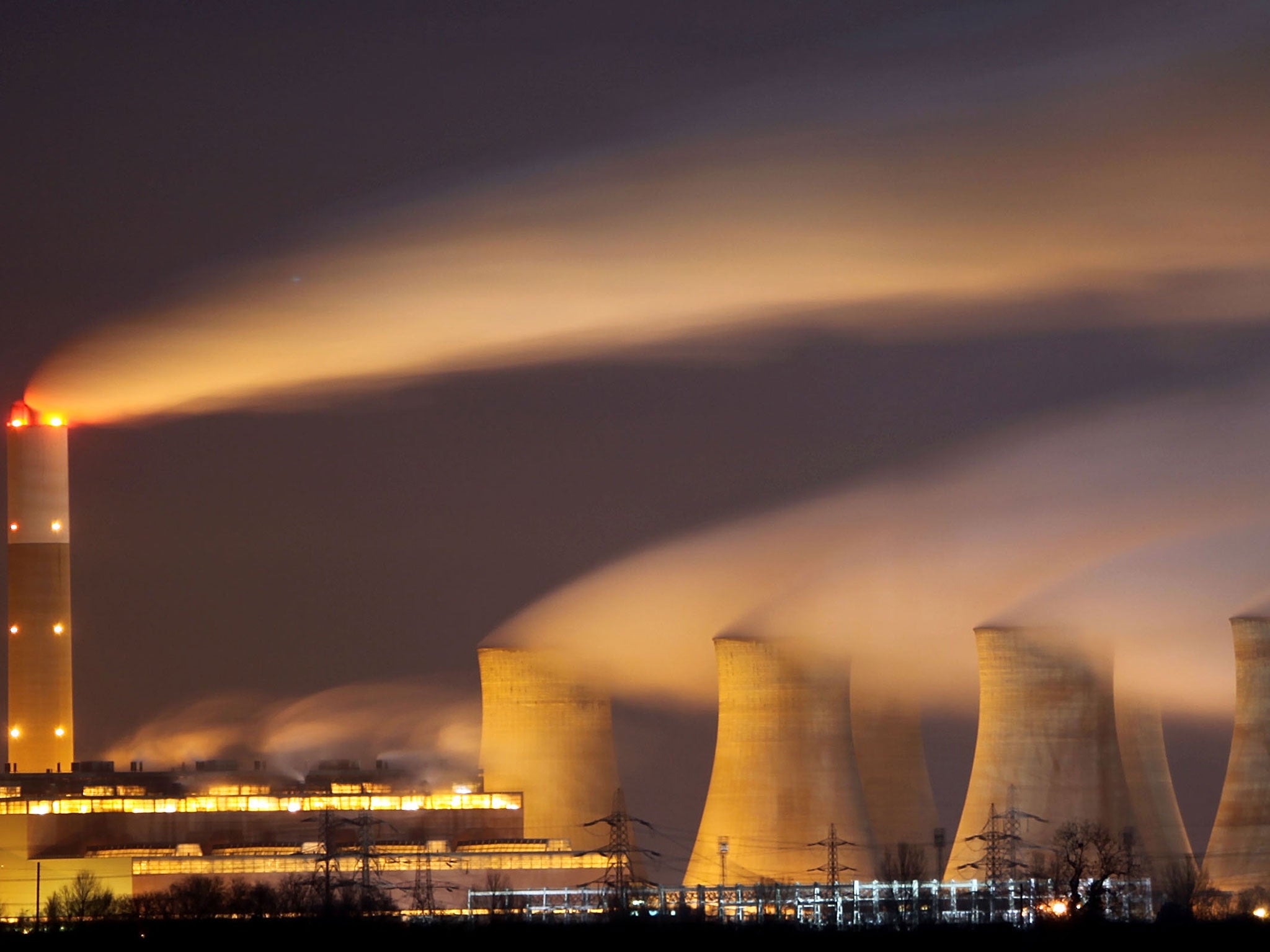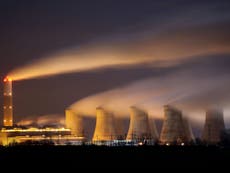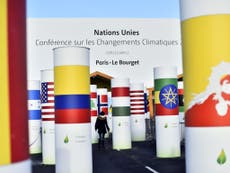These are the four steps Britain can take to make a serious difference to climate change
2015 was our warmest year on record, but our government has its head in the sand. It’s like they are preparing for World War Two by building tanks, at the same time as disbanding the air force


2015 will be the warmest year on record, and the World Meteorological organisation have said that this year is likely to reach the milestone of 1° Celsius above the pre-industrial era.. If this isn’t a wake-up call equal to an alarm clock going off at top volume in an oil drum amplified by stadium sized speakers, then I don’t know what is.
The news comes perfectly timed – for the world’s governments gather in Paris this weekend for the latest climate talks. In those talks, a bare minimum will be for industrialised countries to show leadership to convince developing nations that they're committed to reducing emissions decisively and immediately. Poorer countries must also be assisted to deal with ferocious climatic events.
So how is the UK government performing in that leadership role? Unfortunately, although they know the size and urgency of the problem, they are not acting on anything like the scale required. It’s like they are preparing for World War Two by building tanks, at the same time as disbanding the air force.
The government knows that to tackle climate change: 80% of the world’s proven fossil fuels need to stay in the ground. Yet it is going to great lengths to invest in new dirty gas and oil drilling, while taking a wrecking ball to policy to help renewables and energy efficiency.
The government knows that globally, renewables are growing exponentially, and plummeting in cost. We were among the world leaders on renewables, but in the last six months the Government has decided to hamstring the UK’s renewables industry, rather than help it continue to flourish.
This isn’t about our infrastructure though, it’s about our existence.
Faced with predictions of what increasing global temperatures mean, we need a comprehensive response. The recent announcement of a coal phase out was welcome, but it came alongside a pledge to maximise North Sea oil drilling, a boost for fracking, pledges to build new gas fired power stations, and yet more cuts to clean energy. I propose these four measures as the cornerstone of such response -
- Climate change will increase the risks of drought and conflict in some of the world’s most volatile regions. To protect our global security, we need a global climate deal that peaks global emissions by 2016, with steep cuts thereafter. The UK will pledge an 80% cut by 2030
- To protect our own energy security, we will invest in a huge programme of energy efficiency, to drastically lower our energy imports. This will also bring people’s energy bills down, and ensure all citizens have one of life’s basics: a warm home
- To protect our national security, a decent, properly funded National Adaptation plan, which protects our citizens’ homes from the climate change and flooding we can no longer avoid
- We will switch our economy to be run 100% on clean energy, within a generation. We should stop new coal, oil and gas projects, and switch to renewables, backed up with energy storage and interconnectors
Climate change is the biggest threat to humanity, and it will make other threats such as conflict and refugee crises worse. But there are signs globally that 2015 is the year when the tide started to turn – the year when fossil fuels started to falter, renewables really took off, and world leaders and businesses finally started to pay attention to the millions of its citizens clamouring for action. But where is the UK? The UK needs a far more urgent and comprehensive response to climate change – the public want action: do this, and it would be a genuinely positive legacy for George Osborne and David Cameron. Continue with delay and half-measures, and that legacy will be of two failed men who badly let down this generation and the next. The tide is turning; this Government needs to swim with it, not futilely fight against it.
Craig Bennett is CEO of Friends of the Earth






Join our commenting forum
Join thought-provoking conversations, follow other Independent readers and see their replies